In an interview with leading Peruvian news publication Somos, Waterkeeper Alliance President Mr. Robert F. Kennedy Jr. stated “My interest here is to try to generate a rational reaction to the government in terms of rethinking the various dam projects that are to be installed on the river”.
Just days after these words were spoken, the Peruvian government declared publicly that their administration would not be constructing large Amazonian dams. This news followed our meeting with the Minister for environment, and Minister for Energy and Mining.

Announcement that ‘large dams in the jungle are not on the agenda of the government’.
This news was in recognition of the extremely high social and environmental costs of lowland Amazonian dams. In addition, the Minister for Energy and Mining indicated that there would be no investment in new energy projects in Peru for the next four to five years, due the the 50% surplus of energy the country currently has.
This news, however, should be taken with a grain of salt. This does not mean that the Marañón is protected and will remain dam-free. All dams which are not considered to be in Amazonia are still on the table (of which there are at least 15). The Minister of Energy indicated these would move ahead as soon as investment was available, and several dam studies are still quietly progressing. These dams, such as the 147m tall Veracruz which is situated at 500m in elevation, will drastically change natural flow regimes, sedimentation and biodiversity which will would have severe implications for the lowland Amazon.
The most destructive dams in the lowland Amazon could be constructed by the following administration if they decide not to uphold this recent, non binding announcement.

Ministerial Meeting, Kennedy, Marañón Waterkeeper and topic experts.
The implications of this information are very positive. It means that all organisations working to protect the Marañón can adjust their strategy to proactively build the case of why the hydrological source of the Amazon must remain free flowing. It also confirmed what many Peruvian actors had been saying; this is a very reasonable government, one which bases their decisions on fact, and expert opinion. These meetings have provided a base on which we can work with the government over the next 5 year term, in order to bring about strategic basin scale assessments and planning.
Get involved!
- Join a Marañón Waterkeeper patrol!
- Make a donation to support the work of Marañón Waterkeeper!
- Watch a video
- Read article by Gary Wockner
While in Lima, Mr Kennedy completed an exclusive interview with weekend news magazine, Somos, about a life protecting rivers, politics and some of his earlier years living in Peru. The following is a translation of this article.
Green Heir
Member of one of the most powerful political clans in the United States of America, Environmental Lawyer Robert F. Kennedy Jr. was in Lima to protect the Maranñón River. We spoke with him about the legacy of his family, theories about the murder of JFK and the phenomenon of Trump.

Written: Gabriela Machuca Castillo, Somos.
Photos: Luis Herrera, Marañón Waterkeeper / Remando Juntos por el Marañón.
Incredible. That is how Robert F. Kennedy Jr. spent four months in Ilave, Peru in 1973. He was 19 years old. Before breathing the pure air of Puno, and learning some of the Aymara language, the youngest member of one of the most powerful political clans in contemporary American history had had similar experiences in the still sandy invasion of the Ciudad de Dios in San Juan de Miraflores. He was there four weeks. Both of these experiences were reflected on an essay that would gain him entry to Harvard University, where he studied law. His obsession with Peru, however, had begun at an even younger age and came from a single source: his father. Democratic Senator and former Attorney General Robert Kennedy, assassinated in 1968. He also traveled through these parts and could not have been more dazzled by Peruvian history. For this reason he had always told stories of the Inca empire, Atahualpa, and Simon Bolivar. It was incredible what happened in his visit to Peru.
These wonderful stories of his father and those of his personal trips (among others, a great descent of the Apurimac River and a tour of the Inca Trail with his friend, actor Dan Aykroyd) are not the only things that bind Kennedy Jr. (62) to this beautiful land of sun. Having spent much of his life in the defense of the environment, he recently arrived in Lima as president of Waterkeeper Alliance, a movement that unites 290 partners around the world who advocate for water bodies (rivers, streams and coasts) and fight against pollution. His goal this time in the capital: intercede for protection of the Maranon River.
Waterkeeper

Marañón Canyon. Photo: Benjamin Webb.
“This is a principal tributary to the Amazon. It is an incredible ecosystem and has enormous tourist and economic potential. It is as beautiful as the Grand Canyon and the latter receives five million visitors a year … The Marañon should even be considered a Biosphere Reserve” accounts the lawyer while drinking tea on a terrace of Miraflores. He is much like his father and has a hoarse voice, a product of suffering spasmodic dystrophy. “My interest here is to try to generate a rational reaction to the government in terms of rethinking the various dam projects that are to be installed on the river, these would be counterproductive to the environment and the thousands of people living in surrounding areas”.

Kennedy in interview in Miraflores
Kennedy’s interest in environmental protection has taken different paths over time. He was considered the 2010 “Hero for the Planet” by Time.com, due to his efforts to recover the Hudson River, New York; and for being held in prison for a month in 2001 for protesting against exercises with live bombs by the US Navy on the Puerto Rican island of Vieques (with that name, in fact, he came to name one of his six children).
“All my life I have been passionate about the environment. And that, in part, I owe to my father, who encouraged us to live outdoors. With him we went camping and ran the great American rivers on our holidays. I was always in the woods or playing with animals. So when I was eight, I sent a letter to my uncle, President John F. Kennedy, telling him that I wanted to write a book about pollution. He took me to the White House and arranged for me to meet with experts and authors who could teach me about it. In gratitude, I gave him a salamander, ” he recalls.
The lawyer, who arrived in Peru with his wife, actress Cheryl Hines, was unable to meet with President Pedro Pablo Kuczynski this time to talk about the Maranon, however he was able to meet with the Environment Minister and the Minister of Energy and Mines. He also spoke with Prime Minister Fernando Zavala. In any case he did not lose the opportunity to praise the work of Marañón Waterkeeper, the Peruvian partner of Waterkeeper Alliance. The local organization is coordinated by the Peruvian Society for Environmental Law (SPDA).
“It is necessary to improve the Peruvian legislation around that topic. Peru has a great opportunity, because the current government is headed by economists. They could carefully review these dam projects which are extremely harmful to the river. Today this country has an oversupply of energy, and no need to increase it in the next five years. Instead of building dams, they should take advantage of the huge potential for renewable energy by developing the use of wind and solar” he explains.

Kennedy in Miraflores, Lima, Peru
Political Blood
In addition to discussing his green passion while traveling around the world, the dialogue about politics is inevitable with Bobby Kennedy Jr. Being part of one of the most emblematic American families, famous for its active participation in the political life of the country since the mid-twentieth century. In the past, in fact, he has worked on campaigns for another uncle, Edward “Ted” Kennedy and Al Gore and John Kerry.
“Today I do a lot of politics through my work as an environmental lawyer. If I had wanted to run for public office? Yes, I’ve had different opportunities to get into politics but at the times when seats opened up I had different things going in my life, and those were my priorities, I chose other routes to do public service. I am very committed to what I do now,” he says.

The Kennedy family, Bobby Kennedy on his father lap (left)
The Universal Uncle
If you speak about family, you cannot ignore the most stellar member, John Fitzgerald Kennedy, the mythical president that directed the destiny of the United States between 1960 and 1963. There are no shades of grey in the memories that the lawyer has about this. “His greatest legacy to humanity was to avoid the Third World War. During the cuban missile crisis, 13 men met to decide whether to use nuclear weapons or not. Only three rigorously opposed them: my uncle, my father, and the Secretary of Defense John McNamara. If it wasn’t for that, it would have been a different story.”
In addition, he calls into question the official version about his homicide, one of the most analysed in the world. “Even when I was a little boy I didn’t believe that Lee Harvey Oswald acted alone, and now I think the evidence is clear, from millions of pages of documents having been released over the past 50 years that there were more people involved”.
Meanwhile, Bobby Kennedy wants to leave his own mark on the world and already plans to return to Peru next year. He wants to run the Marañón River with his children. That’s in the first lines of my bucket list. I look forward to it.” he says.

Next year, Mr. Kennedy?



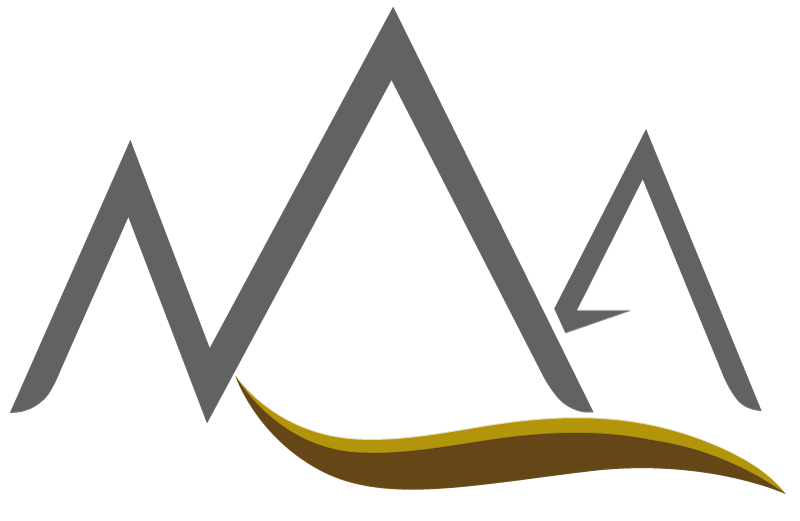
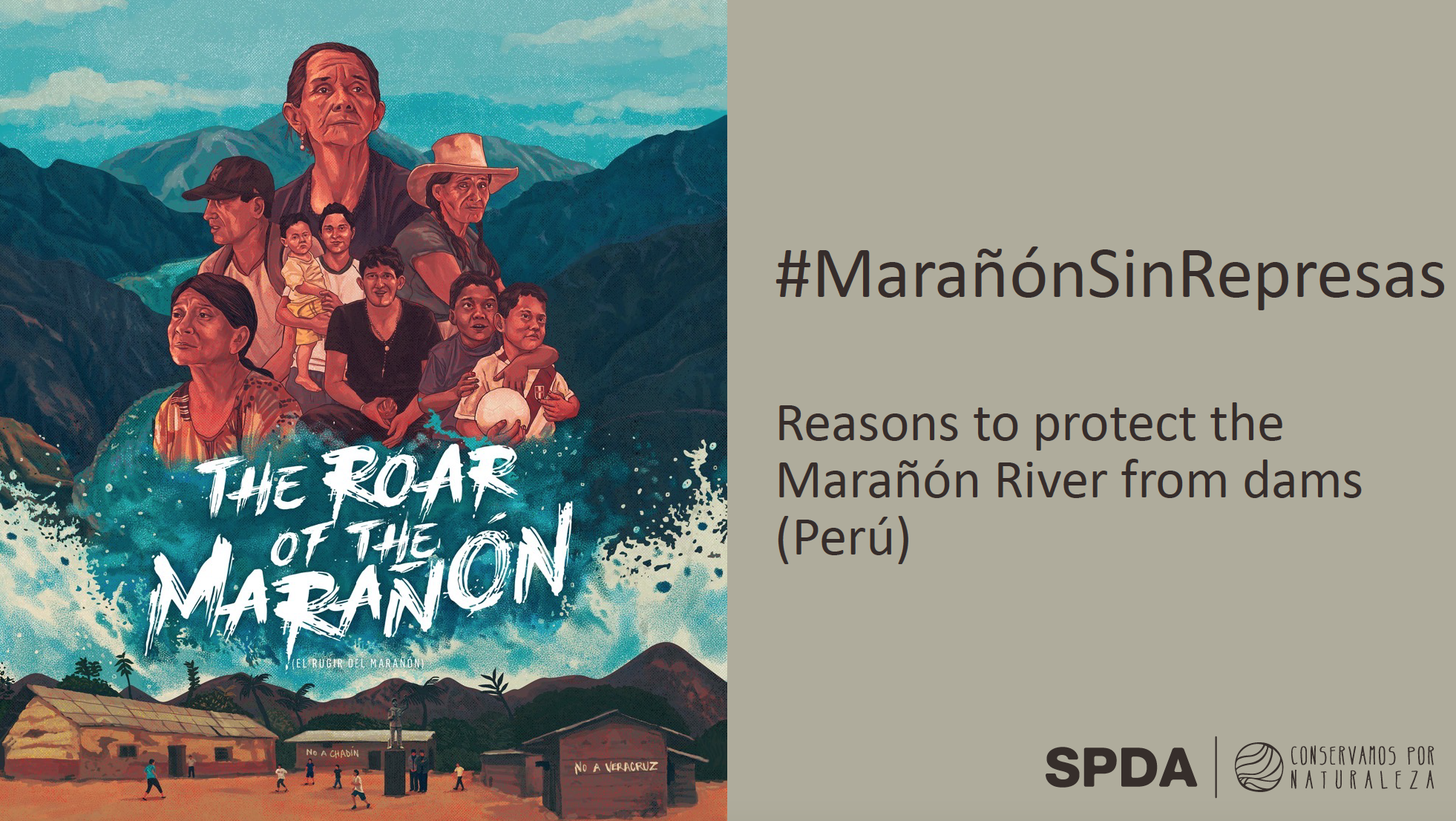
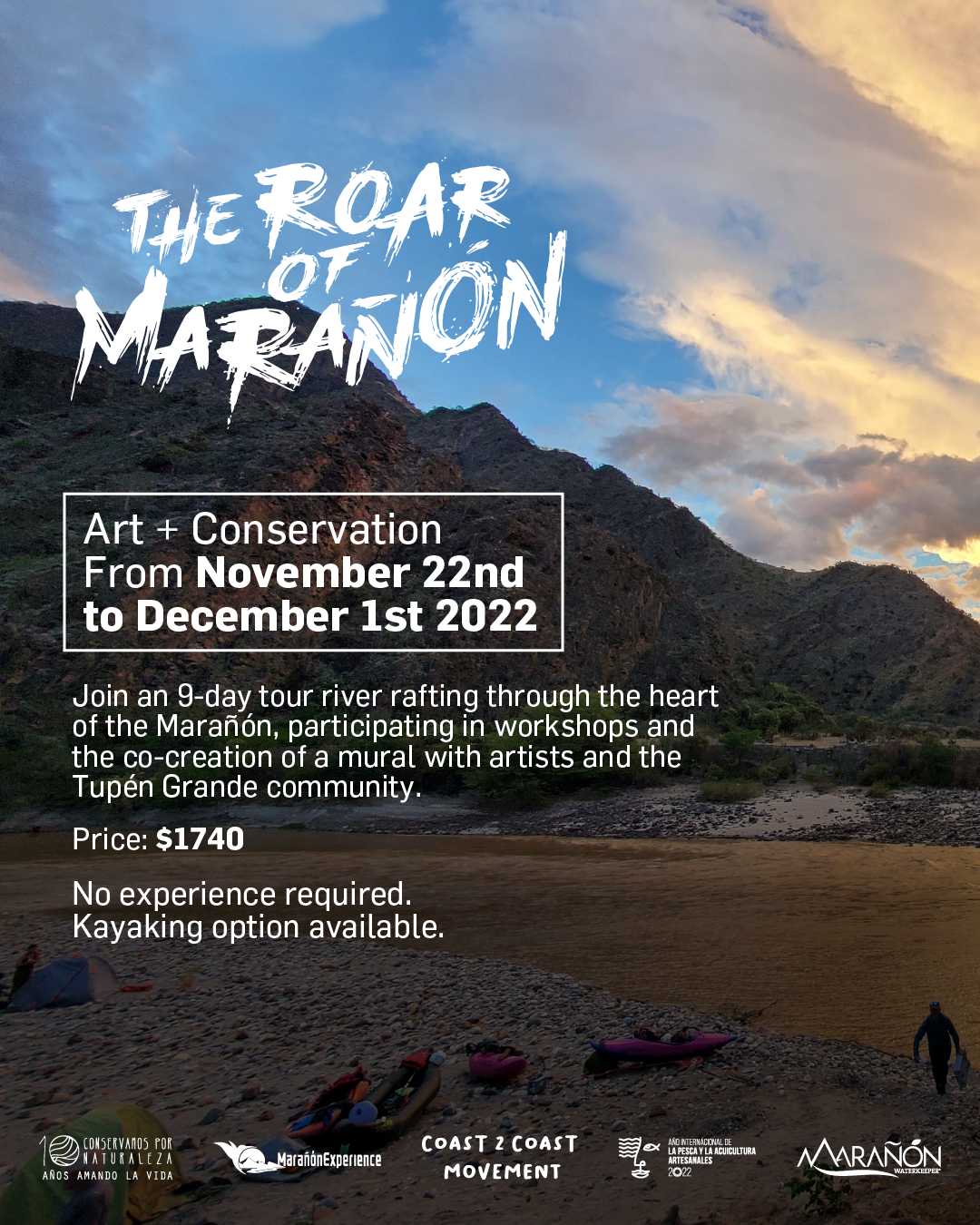
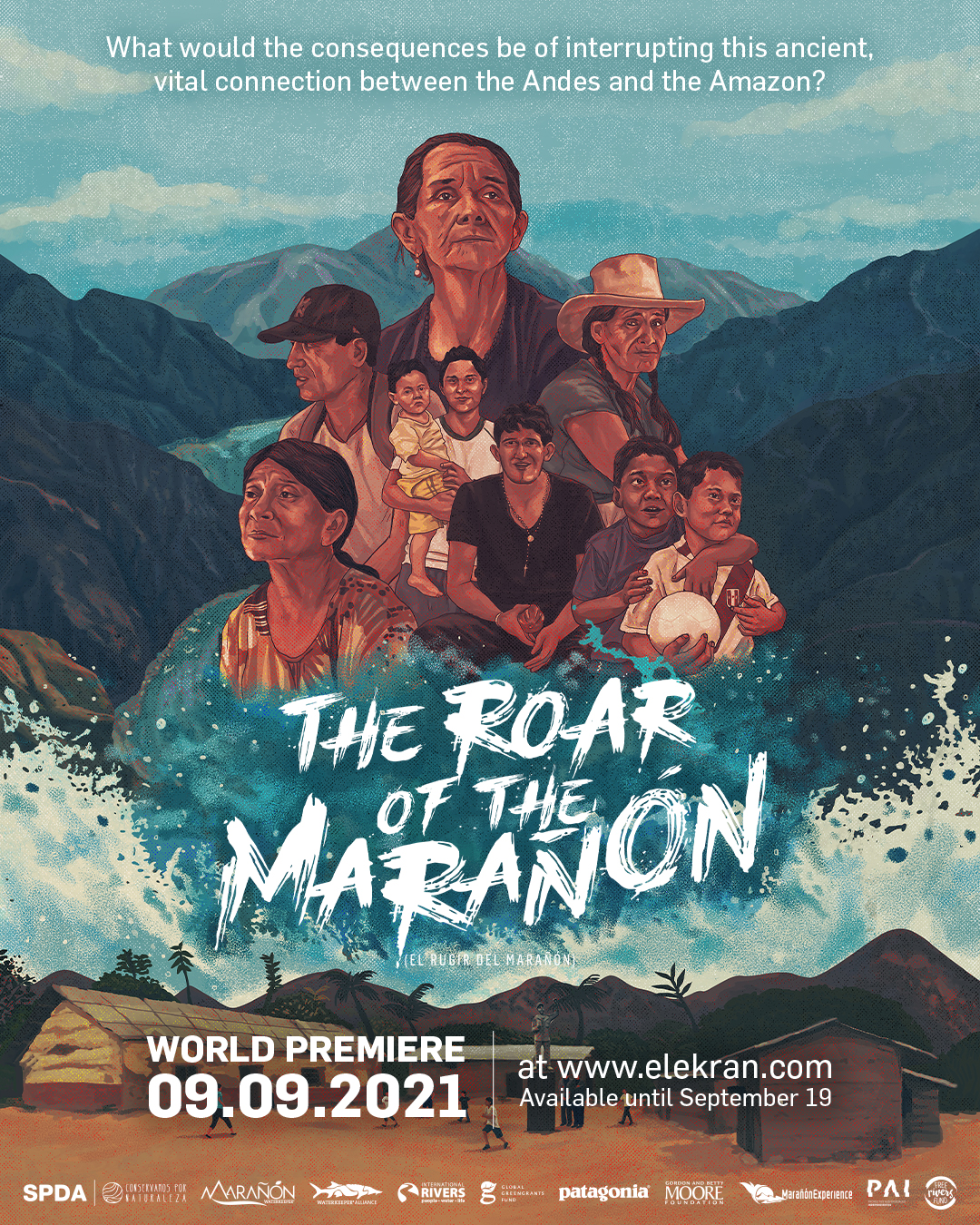
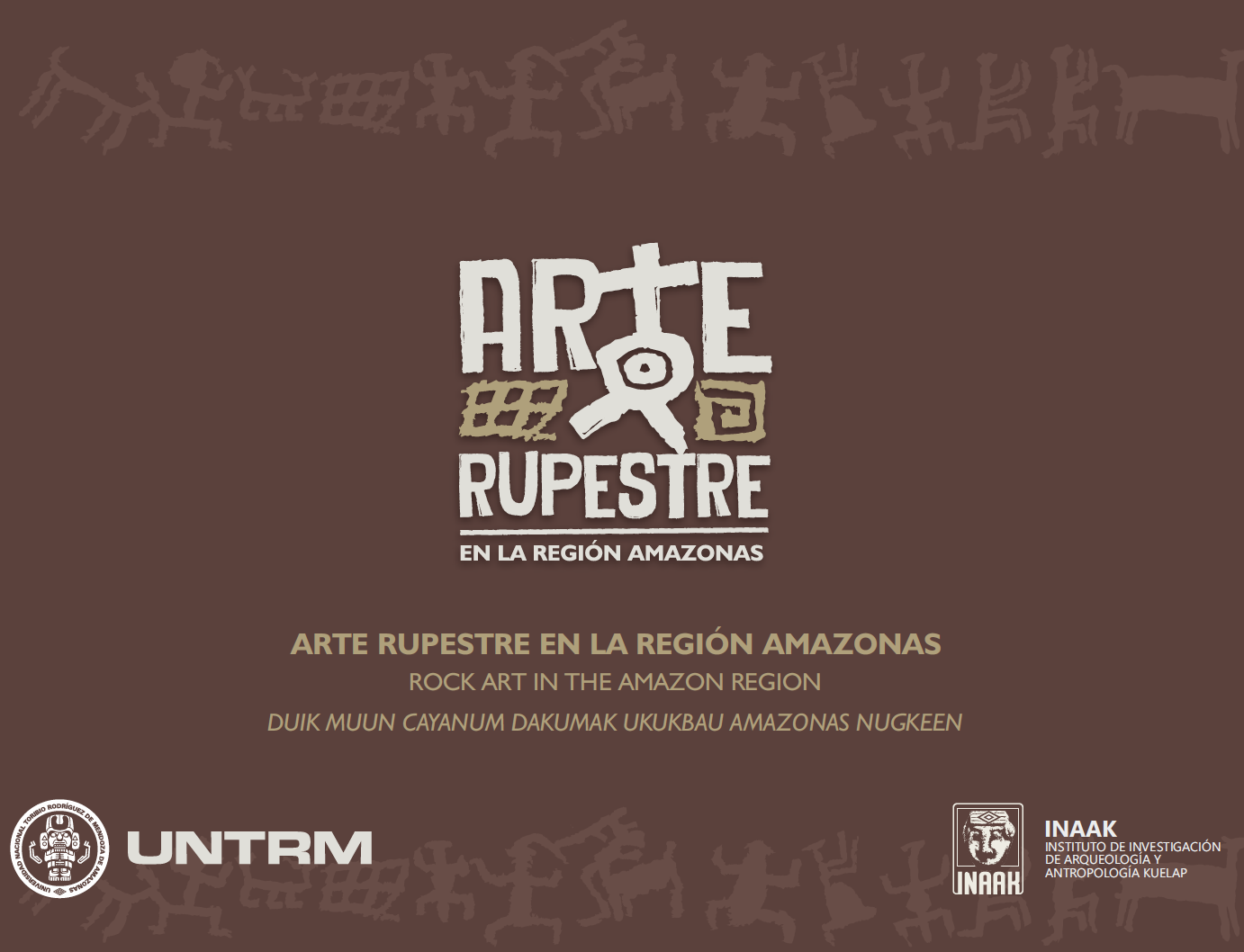
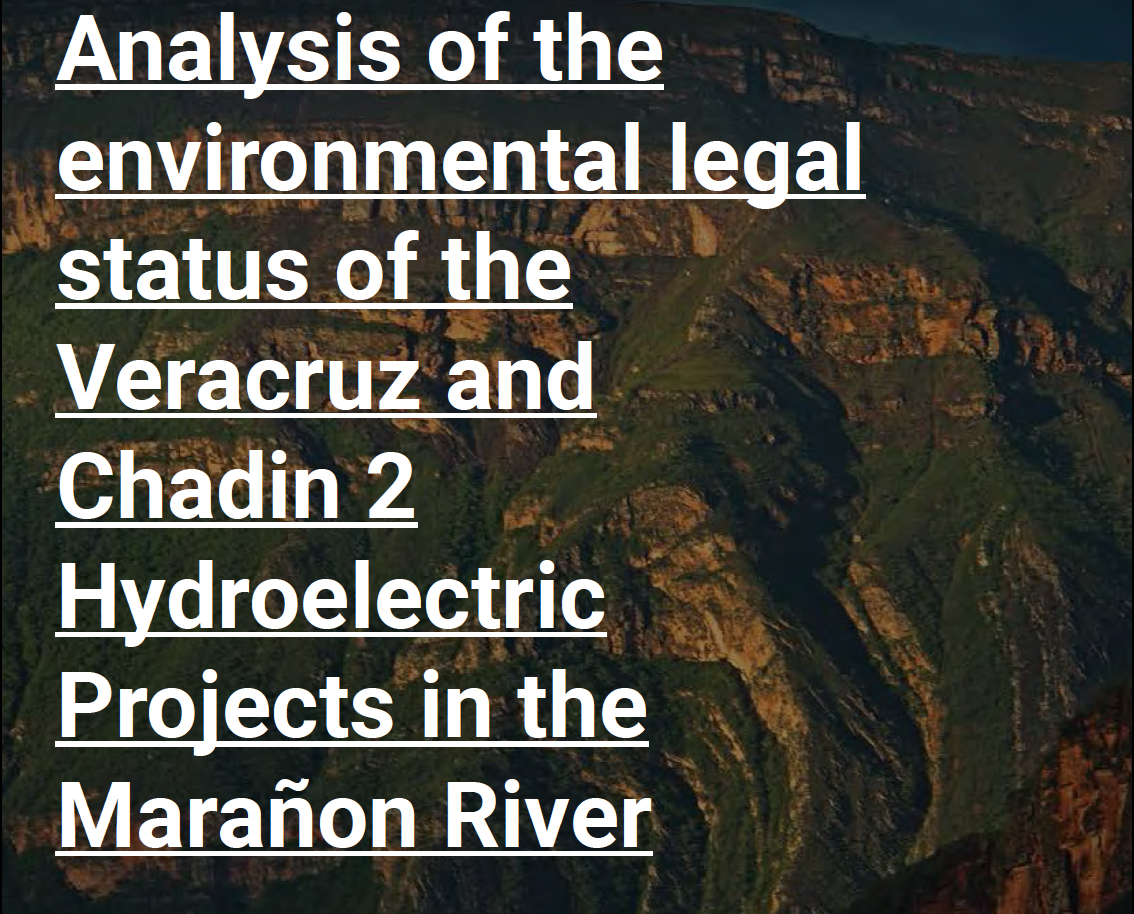

That is fantastic news. I look forward to future trips to Peru and the Marañón.